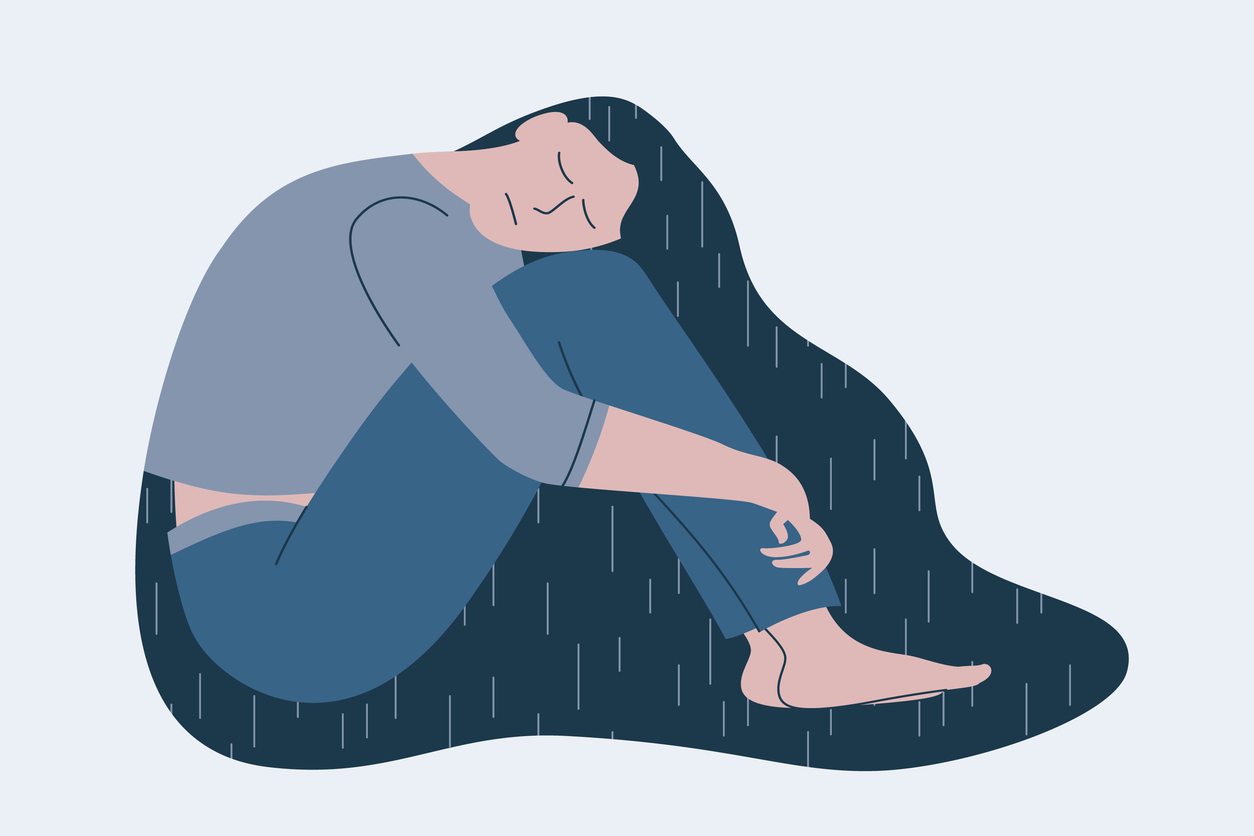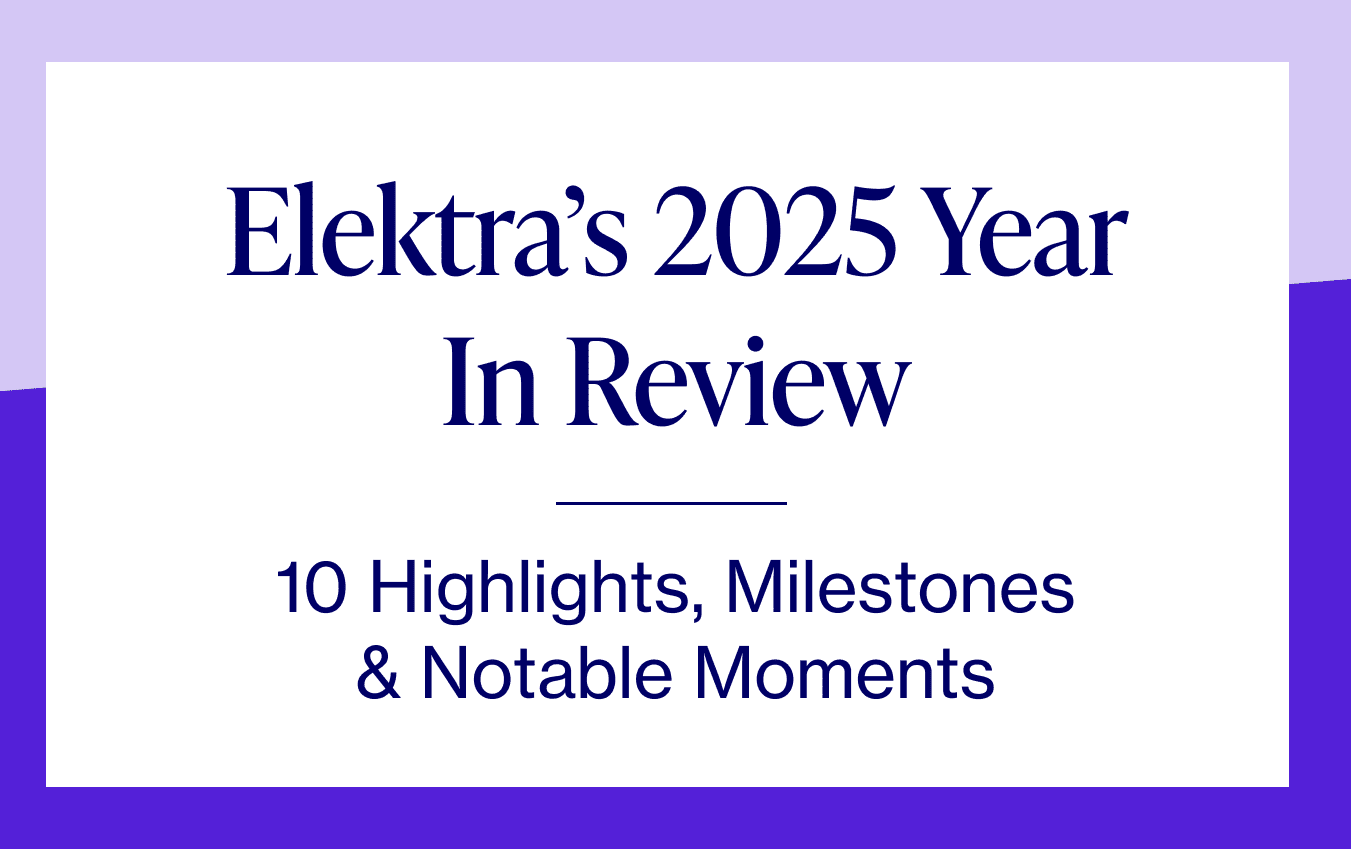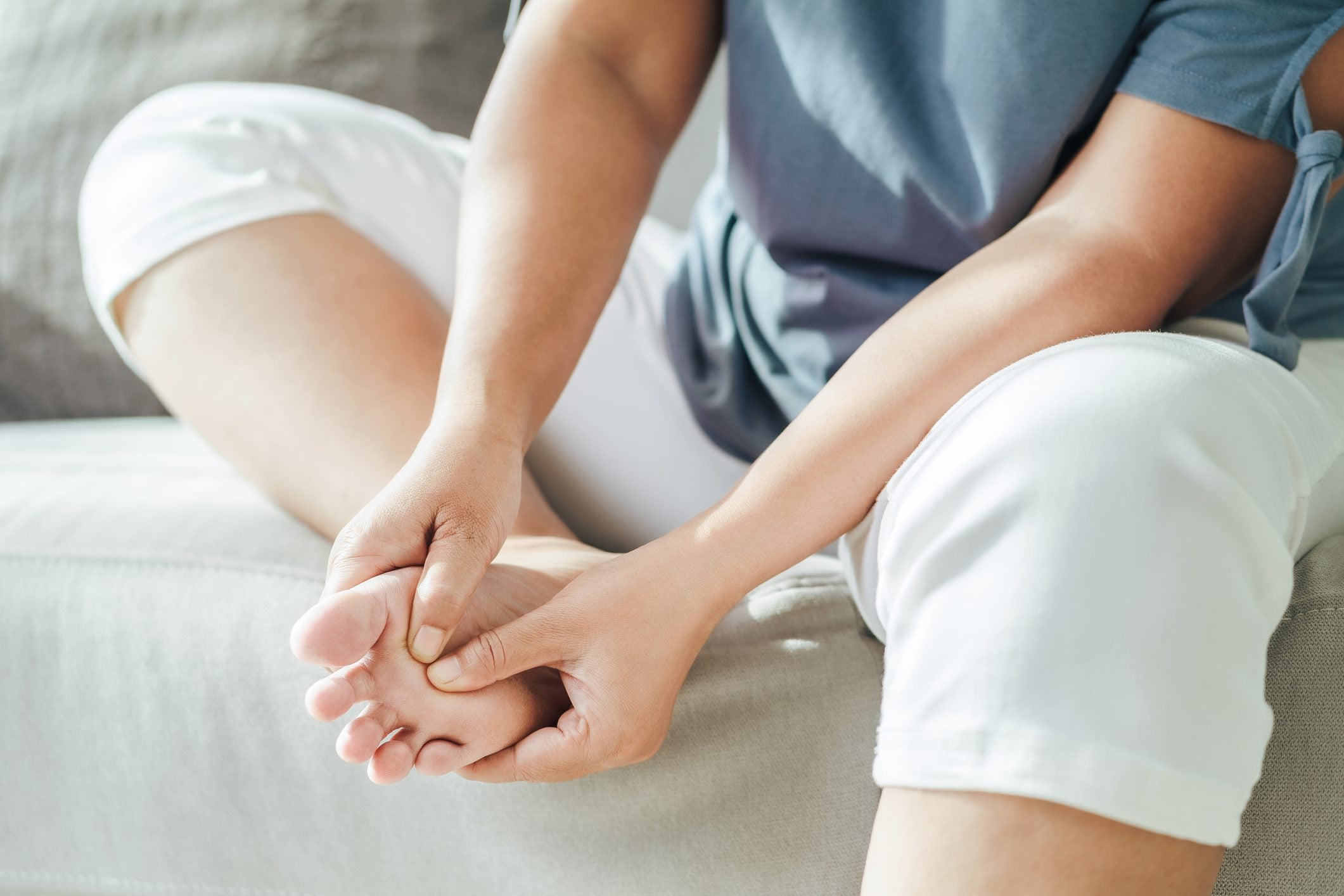
Published on Dec 03, 2024
Last modified on Dec 22, 2025
Understanding the Connection Between PMDD and Perimenopause
6 min read
Many women experience mood changes such as anxiety and depression during the menopause transition, thanks in part to fluctuations in estrogen and progesterone hormone levels (more on these guys in a bit). For women with a previous history of severe premenstrual symptoms or premenstrual dysphoric disorder (PMDD), as well as women with a history of postpartum depression, these mental health symptoms can be more common — and intense. We’re taking a look at the connection between PMDD and menopausal symptoms, as well as treatment options.
What is PMDD?
Premenstrual dysphoric disorder (PMDD) is a much more severe form of PMS (premenstrual syndrome) that impacts up to 10% of women or people assigned female at birth of childbearing age. Many of us are familiar with the symptoms of PMS — bloating, headaches, breast tenderness, food cravings, and irritability or mood changes — which typically improve a few days after the start of our period. While PMS symptoms can certainly be annoying, they’re not typically severe enough to interfere with our quality of life in a meaningful way.
Like PMS, PMDD usually starts around a week before menstruation starts, and lasts a few days after it begins — but is much more severe, and can include symptoms of:
- Anxiety and panic
- Depression and/or suicidal ideation
- Difficulty concentrating
- Fatigue
What causes PMDD?
While the exact cause is unclear, PMDD may be an unusual reaction to hormonal changes that take place during the second half of our menstrual cycle (the luteal phase) and can cause alterations in the brain chemicals that control our mood. In other words, people with PMDD may be more sensitive to hormone changes, which can trigger mood symptoms.
Risk factors for PMDD
Anyone can get PMDD, but people with preexisting anxiety or depression, a family history of PMDD and mood disorders, or a history of trauma or significant stress may be more prone to the condition.
PMDD and menopause
Emotional symptoms are among the most common symptoms of menopause — right up there, in fact, with hot flashes/night sweats and vaginal dryness. During this time, estrogen, which typically helps increase levels of serotonin — the so-called happy hormone — is in decline. As estrogen levels drop, our serotonin processing is impacted, which can result in anxiety and depression, as well as mood swings.
The decline of progesterone can also have an impact on our mood. In most women, the hormone has a calming effect when it acts on GABA receptors in the brain. (For us non-sciencey folk, GABA is a neurotransmitter — or chemical messenger — that protects our brain from overstimulation.) So, decreasing progesterone = less access to its anti-anxiety properties.
Of course for many of us, there is a *lot* going on externally during this time that can influence our mood as well. We’re talking about caring for aging parents, navigating peak career years, and also parenting young children — all while our bodies’ chemistry is changing.
What’s PMDD got to do with this?
During perimenopause — the 8-10 years leading up to menopause — our hormones begin to fluctuate dramatically. For folks with PMDD who are already sensitive to monthly hormonal changes, these fluctuations can worsen mood symptoms. Some research also suggests that PMDD is also associated with increased risks of early menopause and moderate to severe vasomotor symptoms (hot flashes & night sweats).
The good news is, once you reach menopause — when you have gone 12 months without a period — PMDD cycling does go away. In the interim? There are several treatment options…
What are my treatment options?
Oral contraceptives
For some, taking oral contraceptives continuously — and skipping the placebo or “sugar pill” week — can help manage symptoms of PMDD. This works by suppressing ovulation, which means there is less of an intense drop in hormone levels.
SSRIs
You may be familiar with the class of antidepressants known as selective serotonin reuptake inhibitors (SSRIs). These medications increase the levels of serotonin in the brain (remember – the happy hormone), which can improve symptoms of both anxiety and depression.
Menopausal hormone therapy
We’ve known for a while (as early as 1998, when Hadine Joffe, MD released findings) that there’s a link between estrogen, serotonin, and mood disorders. Recent studies and meta-analyses have found that menopausal hormone therapy (previously referred to as hormone replacement therapy or HRT) is a viable treatment option for women with elevated depressive or psychological symptoms who have been screened for common risk factors.
Estrogen therapy alone is not approved to treat mood symptoms alone; however, there is evidence that it has antidepressant effects, particularly for those suffering from vasomotor symptoms (e.g., hot flashes and night sweats).
Are there any non-pharmaceutical options for managing PMDD?
Outside of medication, physical activity is shown to improve premenstrual symptoms, in addition to supporting our overall health. Supplements such as magnesium, vitamin B6, and calcium have also been studied for the management of PMDD, but more research is needed to understand their efficacy.
READ MORE: Elektra Guide to Supplements for Menopause
What if these options haven’t worked for me?
For severe premenstrual disorders that don’t respond to medication or lifestyle changes, a hysterectomy — or removal of the uterus — may be considered. This procedure triggers what is called “surgical menopause,” so ovulation and its associated hormone fluctuations cease to occur.
READ MORE: Navigating Life After Surgical Menopause: What To Know & How To Prepare
The Bottom Line
If you are struggling with new or worsening mood symptoms during menopause, don’t hesitate to speak with a healthcare provider, such as a certified menopause clinician. As women, we’re often so busy tending to the needs of those around us — even if we aren’t parents — that tending to ourselves can take the backseat.
READ MORE:
- Hormone Therapy For Depression…Does It Help Or Hurt?
- Overcoming Menopause Depression: Resources, Tools & Tips
If you’re experiencing an emergency and need immediate help, call 911 or go to the nearest emergency room.
Suicide Prevention Lifeline
+ 1-800-273-8255
Crisis Text Line
Text HOME to 741741



